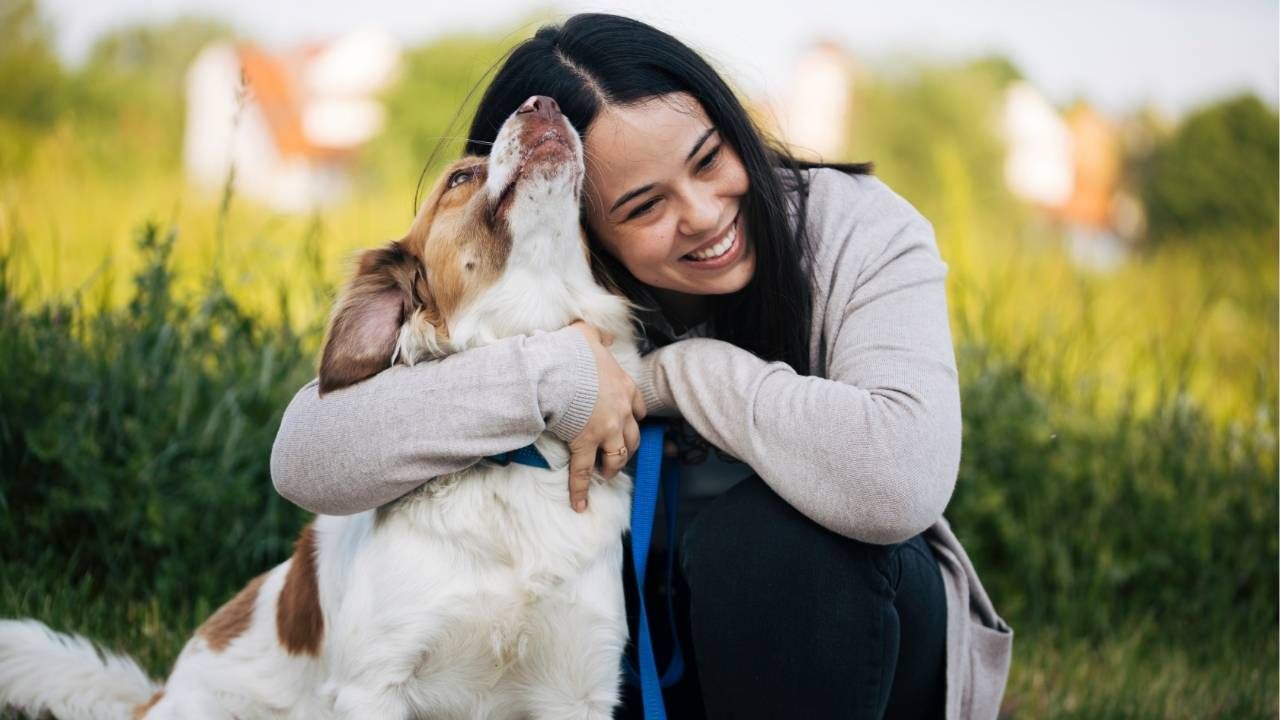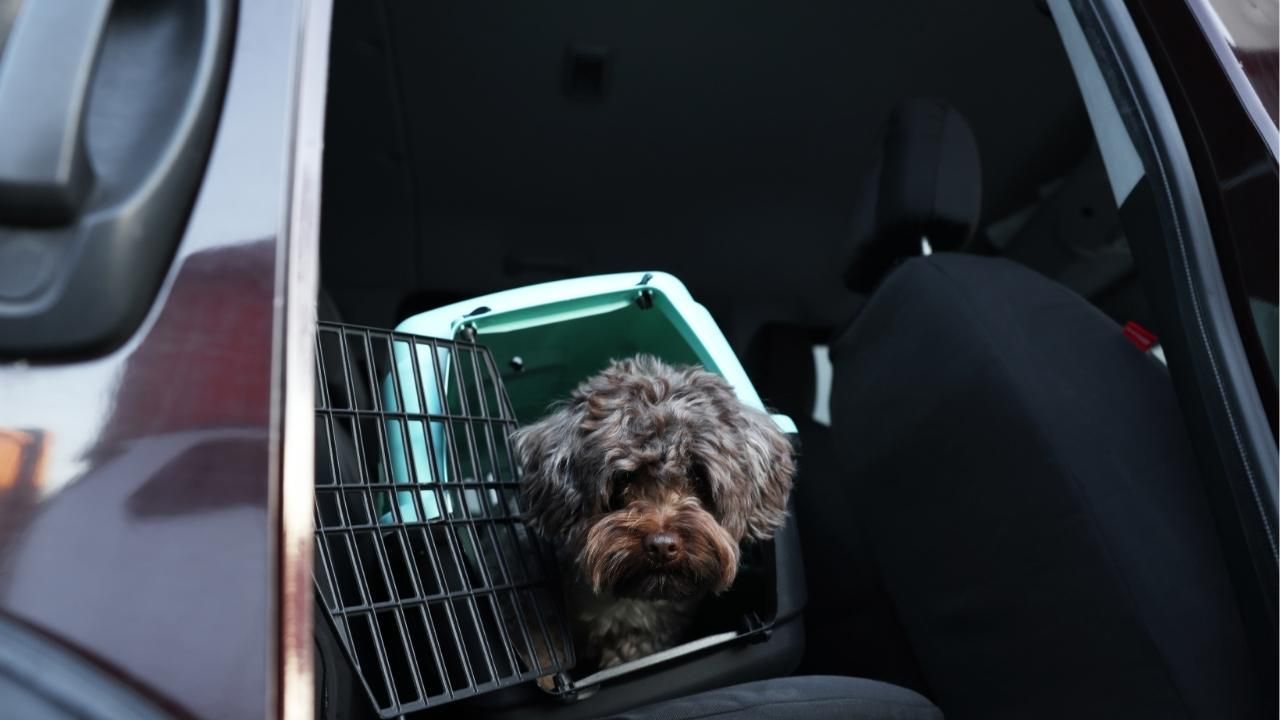How to Recognize and Treat Canine Parvovirus

If you’re a new or soon-to-be puppy parent, there’s one word that should absolutely be on your radar: parvovirus. It’s a tiny virus with devastating effects, especially for puppies. Fast-moving and highly contagious, canine parvovirus can quickly become fatal if not caught early. But with awareness, quick action, and proper care, your pup has a fighting chance.
In this article, we’ll walk you through how to recognize the signs of parvo, how it's treated, and what you can do to protect your puppy. Whether you're researching for your current dog or looking into bernedoodle puppies for sale in Arizona, knowing the risks and realities of parvo is crucial.
What Is Canine Parvovirus?
Parvovirus, often shortened to “parvo,” is a highly contagious virus that primarily affects puppies between six weeks and six months old. It targets the gastrointestinal system, causing severe inflammation and destroying cells that absorb nutrients. In unvaccinated puppies, the virus spreads rapidly and is often life-threatening if untreated.
Parvo is tough. It can survive in the environment for months and spreads through feces, contaminated surfaces, and even by contact with infected dogs or people who’ve handled them.
How to Spot the Early Signs
The earlier you catch parvo, the better your puppy’s chances. The most common symptoms include:
- Lethargy: Your pup might seem tired, disinterested in play, or unusually weak.
- Vomiting: Frequent vomiting, sometimes with a yellow or green tinge.
- Diarrhea: Especially bloody or foul-smelling diarrhea.
- Loss of appetite: Refusal to eat or drink, even favorite treats.
- Fever or low body temperature: Depending on how the body is responding.
If your puppy shows any of these signs, don’t wait. Call your vet immediately.
What Treatment Looks Like
Unfortunately, there’s no “cure” for parvo, but it can be treated with aggressive supportive care. Most treatment involves:
- IV fluids to prevent dehydration
- Antiemetics to control vomiting
- Antibiotics to prevent secondary infections
- Nutritional support once the stomach can handle it
Treatment is often done in a veterinary hospital and can take several days. While the survival rate without treatment is less than 20%, that number jumps to over 85% with proper care.
Prevention Is the Best Medicine
Parvo prevention starts with vaccination. Puppies should begin their parvo shots at 6–8 weeks old, with boosters every 3–4 weeks until 16 weeks. Until your pup has completed the full vaccine series, avoid public places like dog parks, pet stores, and puppy playdates.
Other ways to protect your pup:
- Sanitize surfaces and shoes if exposed to unknown dogs or environments.
- Avoid contact with unvaccinated dogs.
- Ask your breeder about their vaccination protocol and parvo history.
If you're asking how do I get my puppy safely into a new home, start by choosing a reputable breeder who prioritizes health. For example, Doodling Pups, LLC carefully screens their dogs, maintains a clean environment, and ensures all puppies get the necessary vaccinations before adoption.
A Real-Life Case: Luna the Fighter
Luna, a 10-week-old Bernedoodle, started showing signs of vomiting and diarrhea just three days after coming home. Her owners rushed her to the vet, where she was diagnosed with parvo. Thanks to quick action, hospitalization, and round-the-clock care, Luna pulled through after six long days. She’s now a happy, healthy, zoomie-loving pup—proof that early detection can make all the difference.
Final Thoughts
Parvovirus is a serious threat, but it’s not a death sentence. With prompt treatment, proper vaccination, and good hygiene practices, you can keep your puppy safe. Whether you’re adopting from a shelter or checking out bernedoodle puppies for sale in Arizona, arm yourself with knowledge and choose your breeder wisely.
Ready to welcome a healthy, happy pup into your life? Make sure you're asking the right questions and working with trusted Bernedoodle breeders like Doodling Pups, LLC. Your puppy's health starts with informed choices.
Check out our current litters to see available puppies. If you have any questions or are ready to find your perfect companion, please contact us today!














